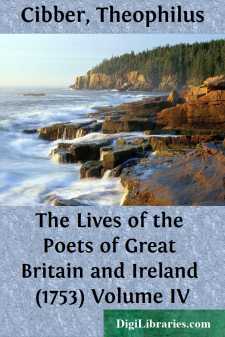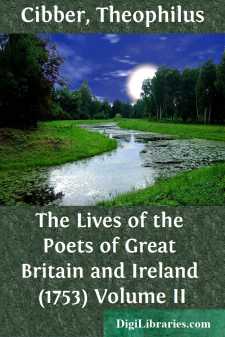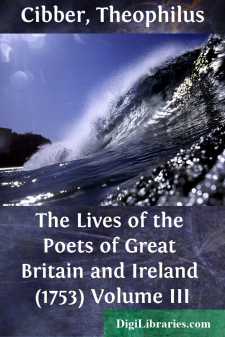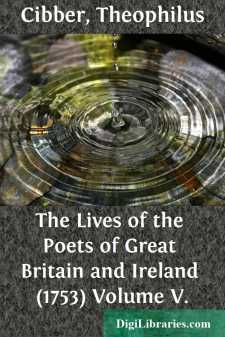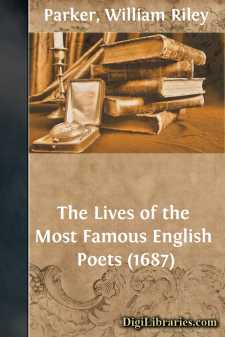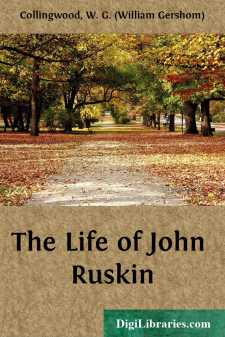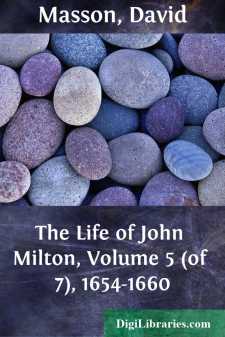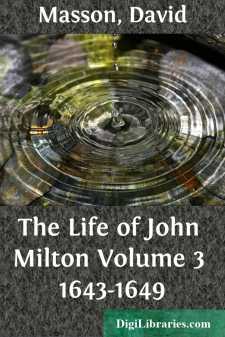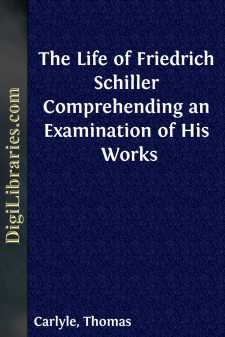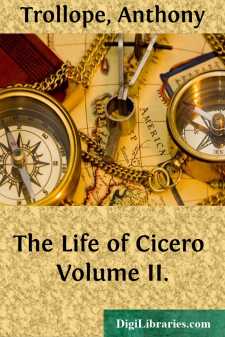Biography & Autobiography
- Adventurers & Explorers 15
- Artists, Architects, Photographers 16
- Business 2
- Composers & Musicians 14
- Criminals & Outlaws 5
- Editors, Journalists, Publishers 6
- Educators 1
- Entertainment & Performing Arts 3
- General 73
- Health, Exercise & Fitness 1
- Historians 3
- Historical 83
- Law Enforcement 1
- Lawyers & Judges 3
- Literary
- Medical 7
- Military 48
- Naturalists, Gardeners, Environmentalists 8
- Personal Memoirs & Diaries 226
- Philosophers 3
- Political 9
- Presidents & Heads of State 38
- Religious 38
- Rich & Famous 27
- Scientists 13
- Women 31
Literary Books
Sort by:
PETER MOTTEAUX, A French gentleman, born and educated at Rohan, in Normandy. He came over into England, was a considerable trader, and resided here many years. He is said to have possessed no inconsiderable share of wit, and humour; and, besides a translation of Don Quixote, several Songs, Prologues and Epilogues, together with a Poem on Tea, dedicated to the Spectator, (see Vol. VII. Numb. 552) he is...
more...
THE LIVES POETS A poet who flourished in the reign of Charles I. but of whose birth and life we can recover no particulars. He was highly esteemed by some wits in that reign, as appears from a Poem called Steps to Parnassus, which pays him the following well turned compliment. [2] Let Brewer take his artful pen in hand,Attending muses will obey command,Invoke the aid of Shakespear's sleeping...
more...
THE LIVES OF THE POETS. * * * * * Sir JOHN DENHAM. An eminent poet of the 17th century, was the only son of Sir JohnDenham, knight, of Little Horsley in Essex, and sometime baron of theExchequer in Ireland, and one of the lords justices of that kingdom.He was born in Dublin, in the year 1615[1]; but was brought over fromthence very young, on his father's being made one of the barons of...
more...
THE LIVES OF THE POETS * * * * * EUSTACE BUDGELL, Esq; was the eldest son of Gilbert Budgell, D.D. of St. Thomas near Exeter, by his first wife Mary, the only daughter of Dr. William Gulston, bishop of Bristol; whose sister Jane married dean Addison, and was mother to the famous Mr. Addison the secretary of state. This family of Budgell is very old, and has been settled, and known in Devonshire above...
more...
Introduction This book merits more attention and respect from literary historians than thus far have been accorded it. The case must be stated carefully. The work has obvious faults and limitations, which probably account for its never having been reprinted since its appearance in 1687. Almost forty percent of it is largely or entirely derivative. Its author, William Winstanley (1628?-1698), was...
more...
CHAPTER I If origin, if early training and habits of life, if tastes, and character, and associations, fix a man's nationality, then John Ruskin must be reckoned a Scotsman. He was born in London, but his family was from Scotland. He was brought up in England, but the friends and teachers, the standards and influences of his early life, were chiefly Scottish. The writers who directed him into the...
more...
by:
David Masson
CHAPTER I. OLIVER'S FIRST PROTECTORATE CONTINUED: SEPT. 3, 1654-JUNE 26, 1657. Oliver's First Protectorate extended over three years and six months in all, or from December 16, 1653 to June 26, 1657. The first nine months of it, as far as to September 1654, have been already sketched; and what remains divides itself very distinctly into three Sections, as follows:— Section I:—From Sept....
more...
by:
David Masson
CHAPTER I THE WESTMINSTER ASSEMBLY IN SESSION—THE SOLEMN LEAGUE AND COVENANT: SCOTTISH COMMISSIONERS IN THE ASSEMBLY—DEBATES ON CHURCH-GOVERNMENT: APOLOGETICAL NARRATION OF THE INDEPENDENTS—PARLIAMENTARY PROCEEDINGS—SCOTTISH AUXILIARY ARMY IN ENGLAND. The Westminster Assembly held its first formal meeting in Henry the Seventh's Chapel on Saturday, July 1, 1643, after the impressive opening...
more...
by:
Thomas Carlyle
PART FIRST. Among the writers of the concluding part of the last century there is none more deserving of our notice than Friedrich Schiller. Distinguished alike for the splendour of his intellectual faculties, and the elevation of his tastes and feelings, he has left behind him in his works a noble emblem of these great qualities: and the reputation which he thus enjoys, and has merited, excites our...
more...
by:
Anthony Trollope
Chapter I. HIS RETURN FROM EXILE. Cicero's life for the next two years was made conspicuous by a series of speeches which were produced by his exile and his return. These are remarkable for the praise lavished on himself, and by the violence with which he attacked his enemies. It must be owned that never was abuse more abusive, or self-praise uttered in language more laudatory. Cicero had now done...
more...


